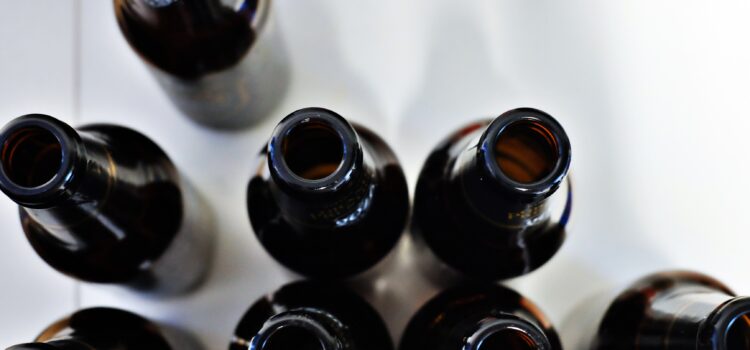

This article is an excerpt from the Shortform summary of "Alcoholics Anonymous: The Big Book" by AAWS. Shortform has the world's best summaries of books you should be reading.
Like this article? Sign up for a free trial here .
What are alcoholic cravings? What is the relationship between cravings for alcohol and alcoholism?
Alcoholic cravings are the urge to drink or a feeling that you need to drink. In AA, you are taught that alcoholics have cravings that are uncontrollable so you cannot drink “in moderation” because you can’t stop.
Read more about the AA perspective on alcoholic cravings and how you have recognize this to manage your disease.
Alcoholic Cravings
Think of alcoholism as an uncontrollable craving for alcohol. Alcoholic cravings are beyond the mental control of alcoholics. As a result, alcoholics can never safely use alcohol in any form at all. They cannot start drinking without developing the phenomenon of alcoholic cravings, and it becomes virtually impossible to stop.
The craving is felt by alcoholics and never occurs in the typical temperate drinker. If you have a drink, then try to stop abruptly but can’t stop, you’re an alcoholic. If you can stop, you’re not an alcoholic.
Alcoholic cravings can be baffling to alcoholics. They are utterly unable to leave alcohol alone, no matter how strongly they consciously want to quit.
- Alcoholic cravings are not a matter of willpower. Most alcoholics have lost the power of choice in drink. Willpower is basically nonexistent as it relates to alcohol.
- Alcoholics can be otherwise sensible and well-balanced in life. They may have willpower in most other areas of life. They may have special abilities, a promising career, and a lot to lose from drinking. But they cannot help destroying all this for a drink.
This craving is hard to understand for people who don’t feel it. Moderate drinkers often think of alcoholics, “these people are weak. I can take or leave alcohol—why can’t he?” Moderate drinkers don’t have this problem of an uncontrollable craving.
Similarly, alcoholics don’t want to think of themselves as constitutionally different from other people. Therefore, they try to prove they can drink like other people. They obsess over the idea that one day, he’ll be able to control his drinking and enjoy it from time to time. They try desperately to moderate their drinking: they drink beer only, drink only with meals, try never drinking alone, try drinking only at parties. None of these will work.
Recognize Your Inability to Stop
The first step in recovery is therefore to recognize that you aren’t like other people who can control their drinking. The delusion that you can drink safely has to be destroyed.
“We admitted we were powerless over alcohol–that our lives had become unmanageable.”
Admitting that you’re too weak to solve your alcoholism is the first step. As discussed in the previous chapter, self-will is not sufficient for overcoming alcoholism. Alcoholics feel an overwhelming craving that they cannot overcome through force of will or as individuals.
Step 1 forces you to avoid denial that you have a problem. This will make you much more willing to engage in the rest of the steps on the path to recovery.

———End of Preview———
Like what you just read? Read the rest of the world's best summary of AAWS's "Alcoholics Anonymous: The Big Book" at Shortform .
Here's what you'll find in our full Alcoholics Anonymous: The Big Book summary :
- How alcoholism is a nearly insurmountable disease that non-alcoholics can't understand
- The key 12 steps of the program, and why they work
- Why Alcoholics Anonymous isn't a cult and why it works






